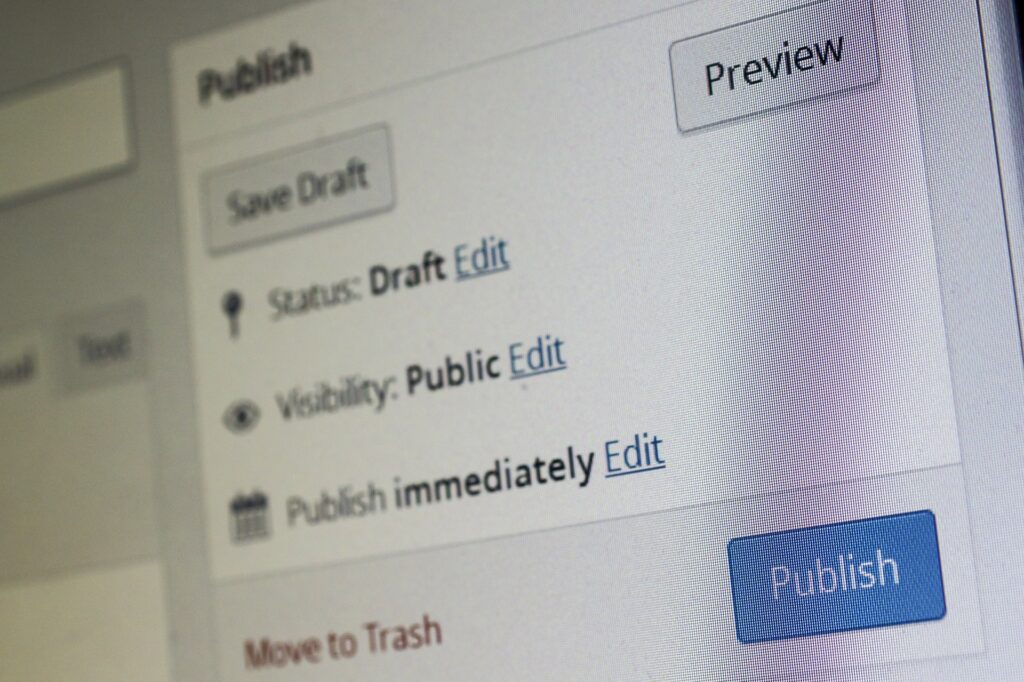You may be wondering, does the law require websites to be accessible? The answer is yes! In 2010, the Americans with Disabilities Act was amended to include provisions for website accessibility. This means that all public-facing websites must be accessible to individuals with disabilities. There are several requirements that your website must meet to be compliant, and in this blog post, we will discuss them all, including tips on using tools such as accessiBe WordPress to make your site comply.
What is the ADA, and what does it do?
The Americans with Disabilities Act (ADA) is a federal civil rights law that prohibits discrimination against individuals with disabilities in all areas of public life, including websites. The ADA ensures that people with disabilities have the same opportunities as everyone else to participate in the mainstream of American society.
What are the requirements for website accessibility?
Several guidelines must be met for a website to be considered accessible. These include:
• Providing text alternatives for non-text content
• Creating content that can be presented in different ways, including by assistive technologies
• Making all functionality available from a keyboard
• Designing for accessibility from the start
How can I make my website accessible?
Making your website accessible does not have to be difficult or time-consuming. There are a number of simple steps that you can take to ensure that your site meets the requirements for accessibility. These include:
• Adding alt text to images
• Creating transcripts for audio and video content
• Using clear and concise language
• Avoiding using flashing or blinking content
Tools that can help you assess your site’s compliance with the law
You can use several tools to assess your website’s compliance with the ADA. These include:
• The Web Accessibility Evaluation Tool (WAVE)
• The Accessibility Inspector in the Google Chrome Developer Tools
• The axe extension for Firefox
What are the consequences of noncompliance?
If your website is not compliant with the ADA, you could be subject to many penalties. These include:
• Fines from the Department of Justice
• Lawsuits from individuals with disabilities
• A loss of business due to an inaccessible website
Other FAQs
Q: What if my website is not compliant with the ADA?
A: If your website is not compliant with the ADA, you could be subject to a civil lawsuit. In addition, your site may be penalized by search engines, and you could lose traffic.
Q: Who is covered by the ADA?
A: The ADA applies to all businesses and organizations open to the public, including government agencies, private companies, and non-profit organizations.
Q: What types of disabilities are covered by the ADA?
A: The ADA covers many disabilities, including blindness, deafness, and mobility impairments.
Q: What if I make my website accessible, but some of my users still can’t use it?
A: The ADA requires making your website accessible to as many people as possible. However, there may be some individuals with disabilities who cannot use your site even if it meets all of the accessibility requirements. In these cases, you may need to provide an alternative way for them to access your content.








